MARCO, the international communication agency based in Spain, inaugurated last week its program of sectorial webinars to analyse the communication challenges in the COVID-19 era. Representatives from Kraft-Heinz, Danone, Subway, Primeras Marcas, the Ribera del Duero DO Regulatory Council and Julián Martín discussed the impact their business is suffering and the new realities that COVID-19 has brought to the table: the rise of e-commerce, the importance of health measures and the commitment to lunch and dinner at home. In addition, MARCO presented the main conclusions of its study on consumer habits and brand relations after COVID-191, which introduced this new scenario and provided an overview of the topics covered.
The webinar on the Food and Horeca sector addressed the current situation of COVID-19 which has caused many brands to modify their communication and marketing plans. The word “reinventing itself” is becoming the common denominator today. “From the point of view of brand management, a strategic rethink is needed. The biggest challenge is that we are drawing up a strategy for a reality that does not exist and is being built every day,” said Inés Fonseca, Head of Marketing Mediterranean Europe for Subway.
The return of the digital environment to business
The digital world has gained an even more relevant role with the COVID-19 crisis. During the first week of the confinement, visits to social networks in Spain grew by 55%2 – the first country in the European Union where their use increased the most. Brands and institutions in the sector have relied on them to get closer to the consumer.
“We reinvented ourselves. We forget about big events, such as music festivals, the Sonorama Ribera. We have become a spokesperson for our wineries on social networks with videos and creative actions”, commented Rebeca Ruano, Director of Communication and Events at the Ribera del Duero DO Control Board.
But the digital environment has also brought a boom in delivery and e-commerce as a result of the growth in household consumption. In fact, according to the MARCO report, almost 60% of Spaniards have made more Internet purchases during confinement and 40% confess to increasing their online purchases after confinement. Therefore, e-commerce represents a stronger business opportunity than ever for the sector when it comes to facing the current situation. However, for e-commerce to work, several factors are necessary.
“First of all, you need to have a strong brand for your consumers. Then, attention, the fact that anyone who wants to overcome that resistance or fear of buying food on the Internet can call, have the guarantee of changing the product, and so on. This gives a lot of security”, said Fernando García, Marketing Manager of Julián Martín.
Current challenges in the Horeca sector
The reality that we knew before has been fully impacted by the COVID-19, affecting even some of the most deeply rooted habits in Spain. Proof of this, and as evidenced by the study conducted by MARCO, 42% of Spaniards confess that they will go less to bars and restaurants after the COVID-19. In addition, dinners and lunches at home will experience a boom never seen before in our country, with 53% of Spaniards supporting this trend, so the restaurant sector is facing a major challenge.
A fundamental factor to take into account for the restoration, especially in this current phase of staggered reopening of their businesses, is precisely the communication of the security measures they are implementing. According to the study, health measures have become the most important thing for Spaniards when choosing a restaurant, even ahead of quality and price. Therefore, clear and transparent communication of these measures must go hand in hand with this reopening process.
New relationship between consumers and brands
This global impact also implies reinventing the brand-customer relationship itself, where trust has become a vitally important element to strengthen.
“The impact of COVID-19 has been transversal, and has impacted the way we relate to our clients and consumers. However, we have already incorporated our commitment to health and society. Specifically, since Danone was founded, more than one hundred years ago”, revealed Silvia Durán, Foodservice Manager at Danone.
The consumer, especially in times of crisis like the present, expects a value proposition from brands. Customers expect brands to go beyond their traditional actions or daily activity and bring something different, as 40% of consumers surveyed in the study support.
Branding as a key to success in times of COVID-19
Confidence in leading brands and local products has increased significantly in recent weeks. In fact, 75% of Spaniards will prioritize the national brand in their purchases, according to the study. But companies must work to maintain that confidence. To do so, they must be consistent, assume their responsibility to society and, above all, firmly believe in what they do and what they communicate. Working on a storytelling project that highlights these values and builds positively on their reputation is, now more than ever, a crucial task for brands.
“Storytelling has always been important and will continue to be, and I think, as always, we must connect it intimately with what people feel, what they expect and what we have to offer. I think you can’t separate the brand from this and now less than ever,” says Inês Fonseca, Head of Marketing Mediterranean Europe for Subway.
The construction of the storytelling has to reflect the DNA of the brands and be consistent with the actions to give confidence to the consumer.
“It is no longer enough to do a marketing campaign or a commercial campaign, what we really have to work on are plans that are relevant to the consumer and that are very consistent. It’s not enough to run a CSR campaign and then do nothing else, these are values that have to be intrinsic to the brand and everything we say to the consumer has to have a relevant message for them”, commented Elisenda Picola, Marketing Director Iberia & Local Sauces Continental Europe of Kraft-Heinz.
This first debate thus adds to MARCO’s successes.
“This webinar has put us even more in touch with the needs and new paths demanded by the sector. Trends that we already saw before, such as e-commerce, are now a reality and a unique business opportunity to face the current situation with more guarantees”, says Carlos García, Head of Food & Beverage Division and Board Member of MARCO. “Providing an effective strategy for brands when addressing the new post-COVID consumer, with a value offer more focused on time in the home and with security as a pillar, will be what differentiates a winning brand from the rest in this new era”.

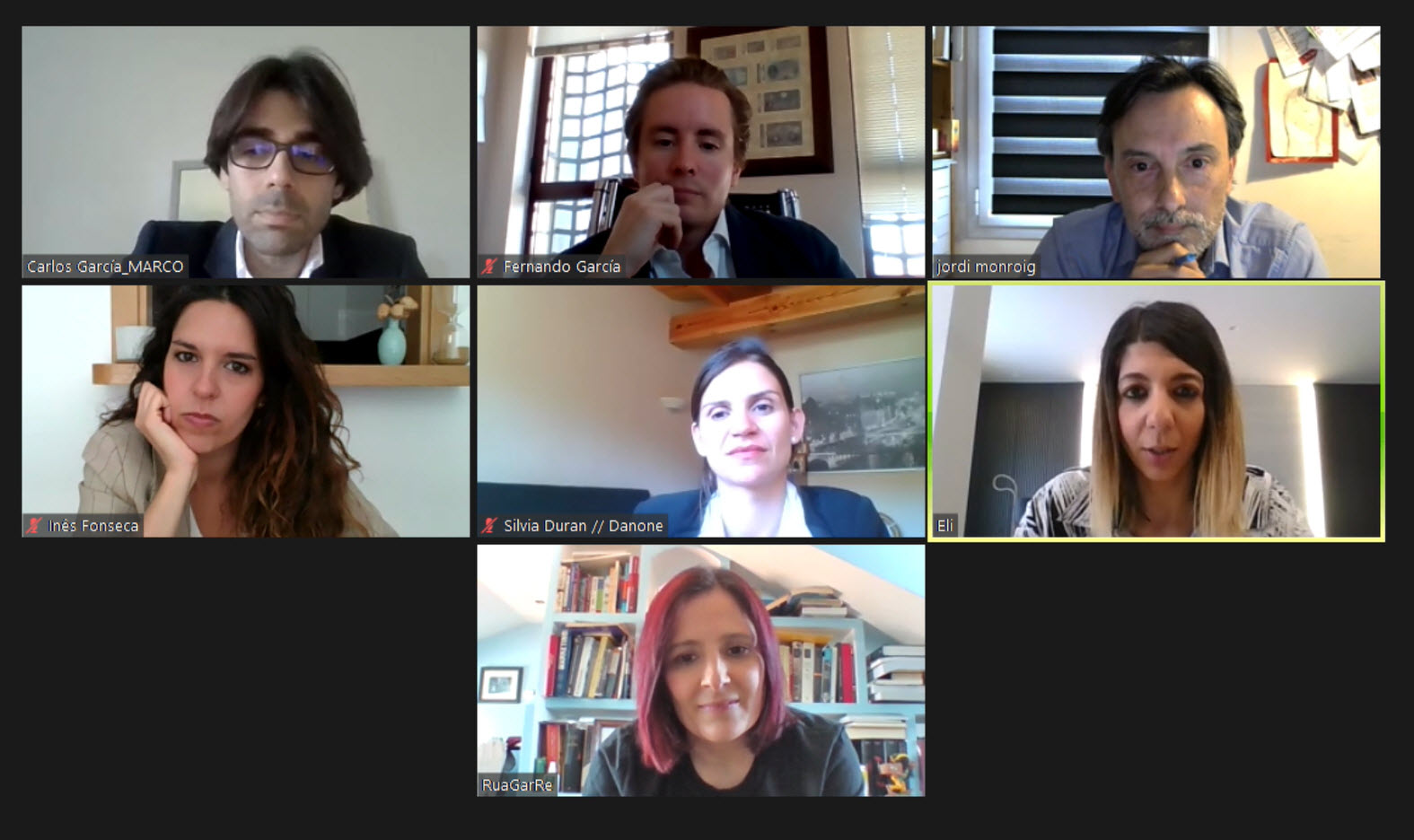
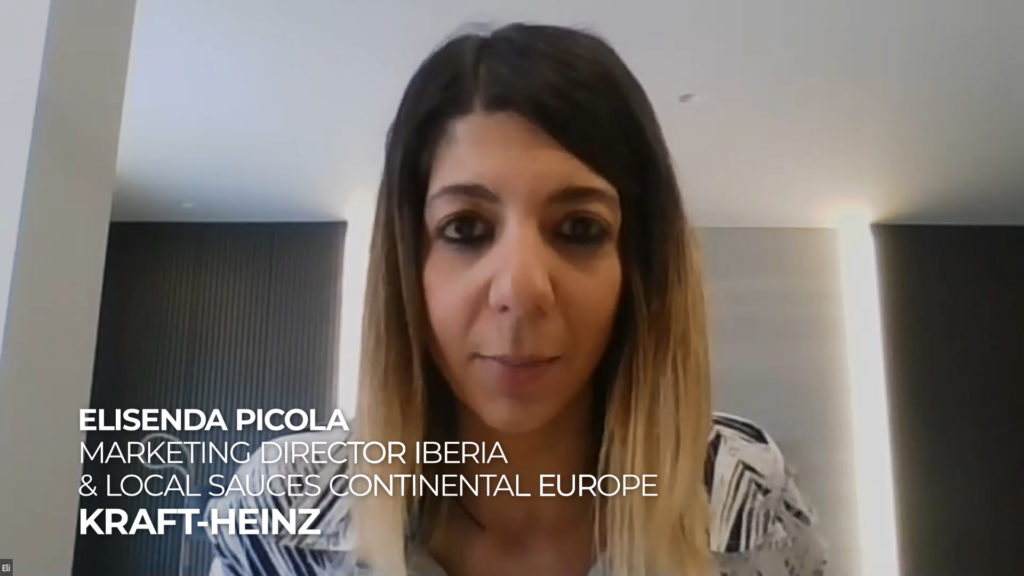
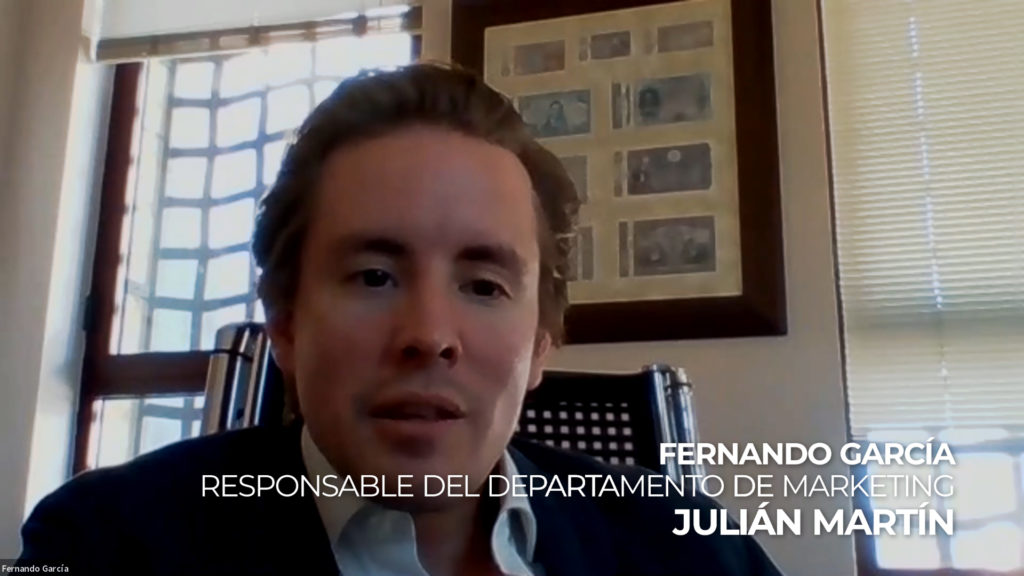
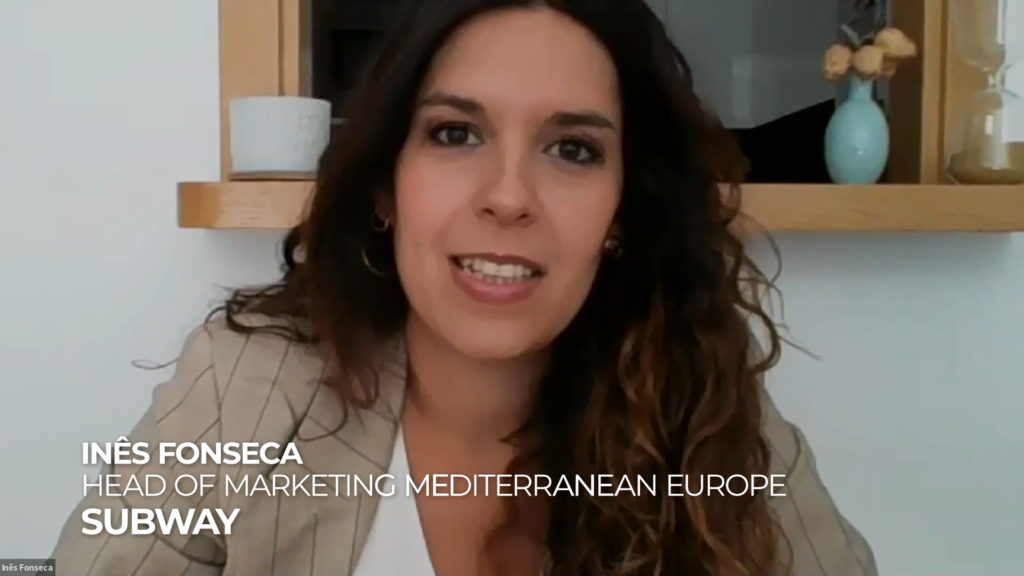
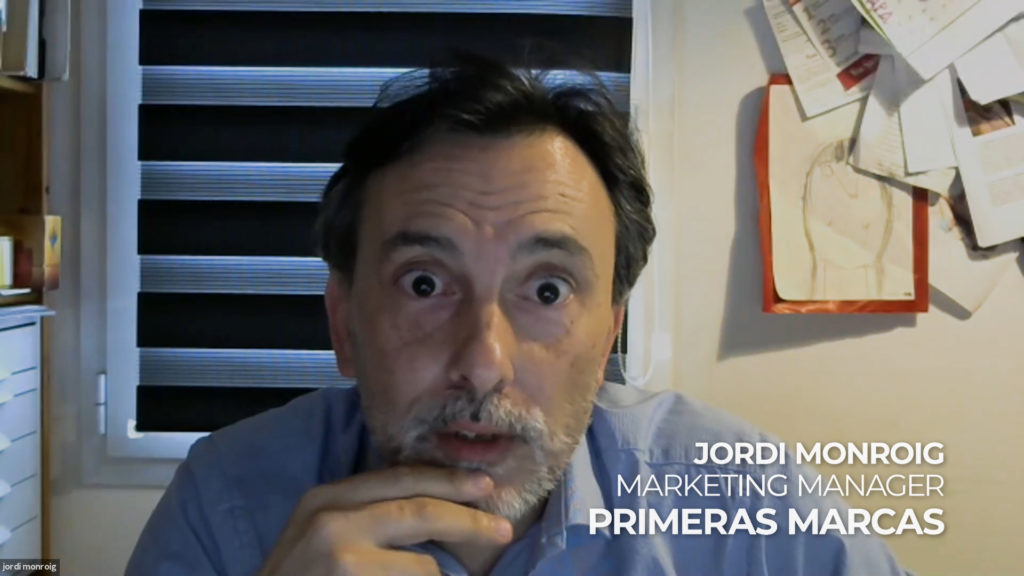

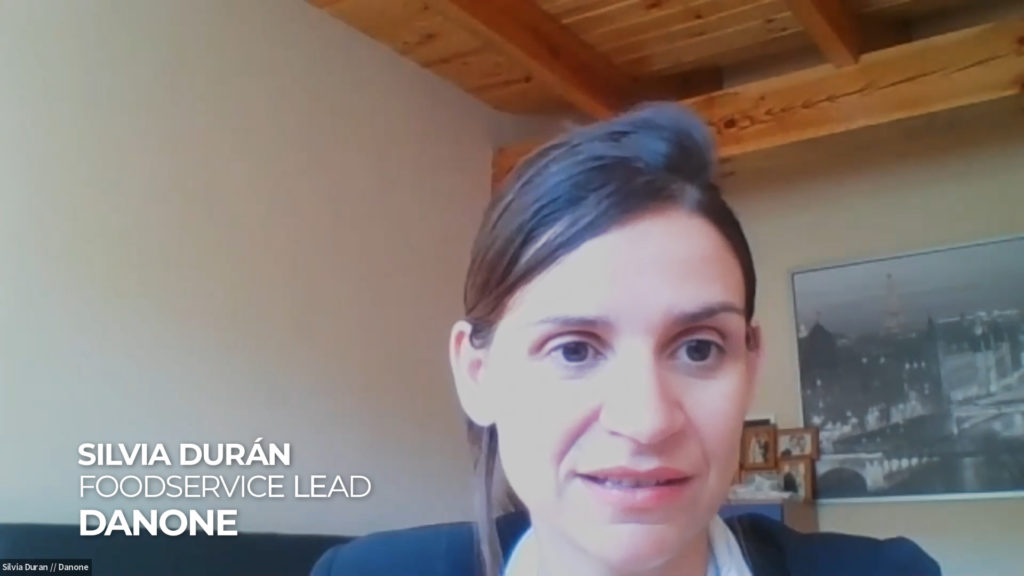


Comments